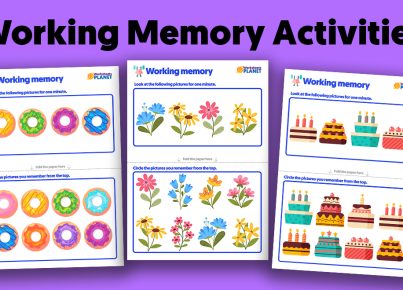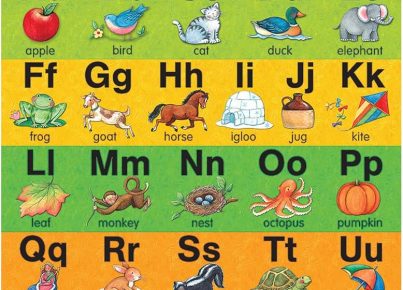Introduction:
‘Learning for transfer’ is a fundamental process in the development of core skills that enable individuals to apply their acquired knowledge and skills in new or varied contexts. Developing an ‘inner voice’ to monitor thinking is an essential aspect of learning for transfer, as it facilitates self-reflection, analysis, and improvement. This article explores a variety of activities aimed at fostering an inner voice that enhances cognitive processes and encourages growth.
1. Journaling:
A popular method to cultivate one’s inner voice is through regular journaling. Writing thoughts and reflections on personal experiences prompts the articulation of ideas and enables individuals to assess their thinking patterns. Journaling also encourages the introspective habit of engaging with one’s inner dialogue, which can reveal hidden biases and assumptions that could be hindering personal growth.
2. Mindfulness Meditation:
Mindfulness meditation is a technique that focuses on non-judgmental awareness of present-moment experiences, including the monitoring of thoughts and emotions. Engaging in mindful meditation regularly helps develop the skill of self-observation, which nurtures the ability to scrutinize thinking patterns while fostering self-awareness.
3. Critical Thinking Exercises:
Participating in critical thinking exercises allows individuals to evaluate the accuracy and relevance of evidence, arguments, beliefs, and assumptions. These exercises help in developing an inner voice capable of discerning between logical reasoning and faulty thought processes or cognitive biases. Common activities include debating contentious topics, analyzing case studies, or unpacking logical fallacies.
4. Peer Discussion and Feedback:
Engaging in peer discussion encourages individuals to articulate their thoughts clearly while assessing the perspectives of others. Evaluating feedback from others fosters reflective listening skills that contribute to enhancing one’s inner voice for monitoring thinking. Opportunities for peer discussion may arise in academic settings, professional workshops or training programs, online forums, or informal conversation groups.
5. Reading and Analyses:
Reading diverse materials like literature, essays, or academic articles allows individuals to critically analyze the content, underlying themes, and arguments presented. This form of analysis encourages active engagement with the material, fostering the development of a questioning and reflective inner voice. Writing book reviews or summaries can further facilitate the enhancement of critical thinking skills.
6. Metacognitive Strategies:
Metacognition is the process of thinking about one’s thought processes, enabling an individual to identify areas for improvement, understand cognitive strengths and weaknesses, and become a self-regulated learner. Integrating metacognitive strategies such as self-questioning, goal-setting, or self-assessment in daily life helps to cultivate an inner voice adept at monitoring one’s thoughts and learning experiences.
Conclusion:
Developing an inner voice to monitor thinking is essential for personal growth and the ability to learn for transfer effectively. Implementing various practices such as journaling, meditation, critical thinking exercises, peer discussions, reading analyses, and metacognitive strategies enable individuals to foster reflection and assessment skills crucial for enhancing intellectual capabilities. Embracing these activities will undoubtedly contribute to a deeper understanding of oneself and enrich one’s mental processes for better learning outcomes.





